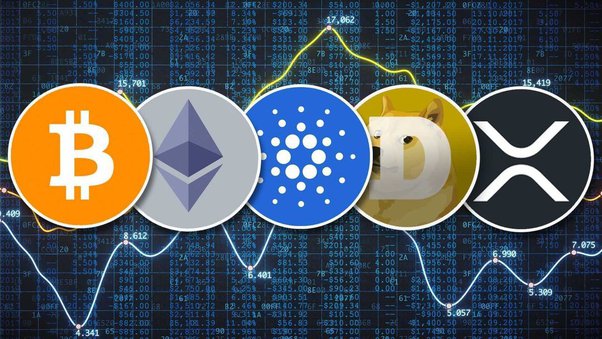What is a Network Fee:
A network fee, also known as a transaction fee, is a fee charged to users for sending a transaction on a blockchain network. This fee is paid to the network's validators or miners, who process and confirm the transaction on the network.
In the context of cryptocurrencies like Bitcoin or Ethereum, network fees are paid to miners or validators to process transactions and secure the network. These fees are typically paid in the form of the native cryptocurrency of the network, such as Bitcoin or Ether.
The purpose of a network fee is to incentivize miners to include a particular transaction in the next block of the blockchain. The higher the fee a user pays, the more likely their transaction will be processed quickly, as miners prioritize transactions with higher fees.

The amount of the network fee is typically determined by the demand for transaction processing on the network. During times of high demand, such as when there are many users trying to send transactions at the same time, network fees may increase. Conversely, when demand is low, network fees may decrease.
The amount of the network fee is usually measured in the network's native currency, such as Bitcoin or Ethereum. The fee is typically denominated in small fractions of the network's currency, such as Satoshi or Wei, to accommodate the small transaction amounts that are common on blockchain networks.
One benefit of network fees is that they help to prevent spam transactions on the network. Because each transaction requires a fee to be paid, it is not economically feasible to send a large number of small, insignificant transactions that clog up the network.
However, network fees can also be a source of frustration for users, especially during times of high demand when fees can be prohibitively expensive. In some cases, users may choose to delay their transactions until network demand decreases, or they may seek out alternative blockchain networks with lower fees.
Here are some examples of network fees in various blockchain networks:
1. Bitcoin:
Bitcoin charges a network fee for every transaction that occurs on its blockchain network. The fee is determined by the size of the transaction in bytes and the current congestion on the network. The higher the congestion, the higher the fee.
2. Ethereum:
Ethereum charges a network fee known as "gas" for every transaction that occurs on its blockchain network. The gas fee is determined by the amount of computational resources needed to execute the transaction, and the current congestion on the network.
3. Binance Smart Chain:
Binance Smart Chain charges a network fee known as "BNB gas" for every transaction that occurs on its blockchain network. The fee is paid in Binance's native cryptocurrency, Binance Coin (BNB), and is used to incentivize network validators.
4. Ripple:
Ripple charges a network fee known as "XRP reserve" for every transaction that occurs on its blockchain network. The fee is paid in Ripple's native cryptocurrency, XRP, and is used to prevent spam on the network.
5. Cardano:
Cardano charges a network fee known as "ADA" for every transaction that occurs on its blockchain network. The fee is paid in Cardano's native cryptocurrency, ADA, and is used to incentivize network validators.
